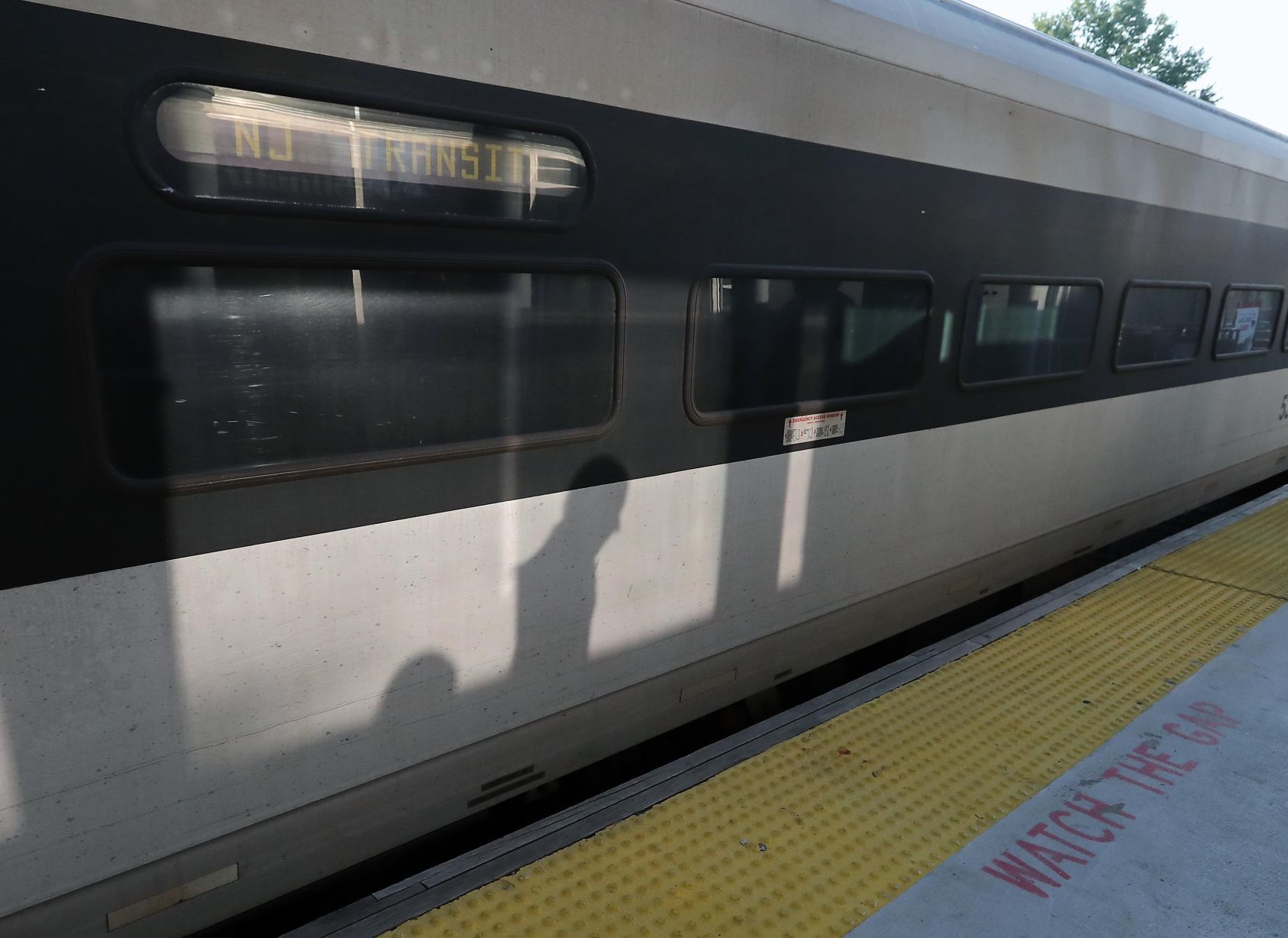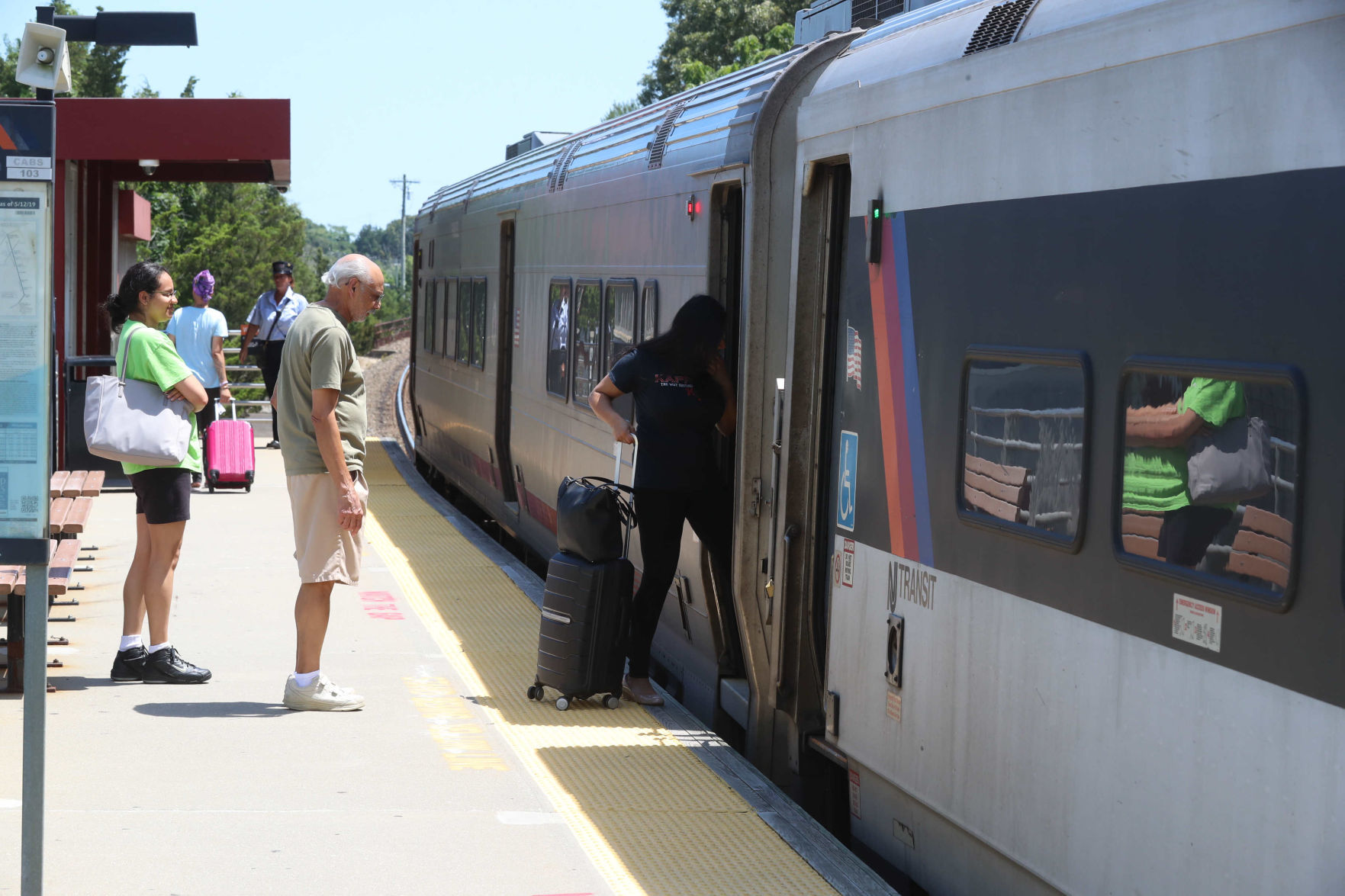

Three more classes are scheduled to complete training by January. The railroad has about 330 engineers and aims to add more than 50 by early next year.Ī class of 12 trainees finished in May and 11 of them are now working as engineers, said Nancy Snyder, a spokeswoman for the agency. Corbett pegged significant improvement to the recruitment and training of more engineers to drive the trains. Kevin Corbett, who runs New Jersey Transit, was more measured in his optimism. At a news conference, the governor promised, “You’ll see a quantum increase, I think, by the fourth quarter of this year.” Murphy was proclaiming that the agency had made “enormous progress,” fueled in part by a large increase in direct funding from the state. In May, it restored the suspended service.īy late June, Mr.

The need to take those engines out of service for the installation forced the railroad to reduce its schedule, including the suspension of service on the Atlantic City Line and the Dinky.Īt the end of the year, though, New Jersey Transit was sending out news releases announcing that it had completed that part of the installation. On top of its crew shortage, it was saddled with a pressing deadline to equip all its locomotives with the technology for an automatic braking system known as Positive Train Control.

Last year truly was an annus horribilis for New Jersey Transit. In the last few months, its trains have been running on time more often than last year, when performance sank. They emphasize that cancellations have been less frequent this year than last and that the railroad’s performance appears to be improving. New Jersey Transit officials insist the problem is not an actual shortage of trains, just difficulties getting trains in place because of a lack of engineers. Neither railroad keeps track of either “equipment availability” or crew shortages. And the Long Island Rail Road, the busiest commuter rail in the nation, had 356 cancellations through May. On Metro-North, the country’s second-busiest commuter railroad, just 73 of more than 95,000 trains - fewer than 0.1 percent - were canceled in the first five months of this year. The other major commuter railroads in the New York City region, the Long Island Rail Road and Metro-North Railroad, rarely provide those explanations. “It just became too much to rely on both trains to be on time and actually working,” she said.Ĭiting a lack of crew members or trains as a reason for failing to fulfill its schedule is not typical for commuter railroads. She already abandoned a two-stop rail shuttle, known as the Dinky, that connects Princeton and Princeton Junction, where riders can take the train to New York. Zielinski, 31, said she had no viable alternative for commuting to her home in Princeton. Her train failed to make its run south from Pennsylvania Station in Manhattan the next two nights because of “equipment availability,” the agency said. The first, last Monday, was caused by a fire in an Amtrak work train that suspended some evening service on the heavily traveled Northeast Corridor line, New Jersey Transit said.

Transit is a disorganized, chaotic nightmare.” “I haven’t noticed anything improving,” said Emma Zielinski, who said her usual train home was canceled all three times she tried to ride it last week. They say they have made big strides, but commuters remain unconvinced. Murphy, a Democrat, and his appointees have been promising since early 2018 that they would solve New Jersey Transit’s problems through increased funding and better management. On Tuesday morning New Jersey Transit’s Twitter feed listed at least eight canceled trains, either because of a lack of engineers or mechanical problems.)īut New Jersey’s governor, Philip D. (The new week got off to a poor start with New Jersey Transit canceling at least 15 trains on Monday, citing “equipment availability” in several cases and personnel shortage in a couple of others. They were often cited last year when the agency struggled to maintain its schedule after paring it back and suspending service on two rail lines for several months. If those explanations sound familiar to regular riders, that is because New Jersey Transit has used them before.


 0 kommentar(er)
0 kommentar(er)
